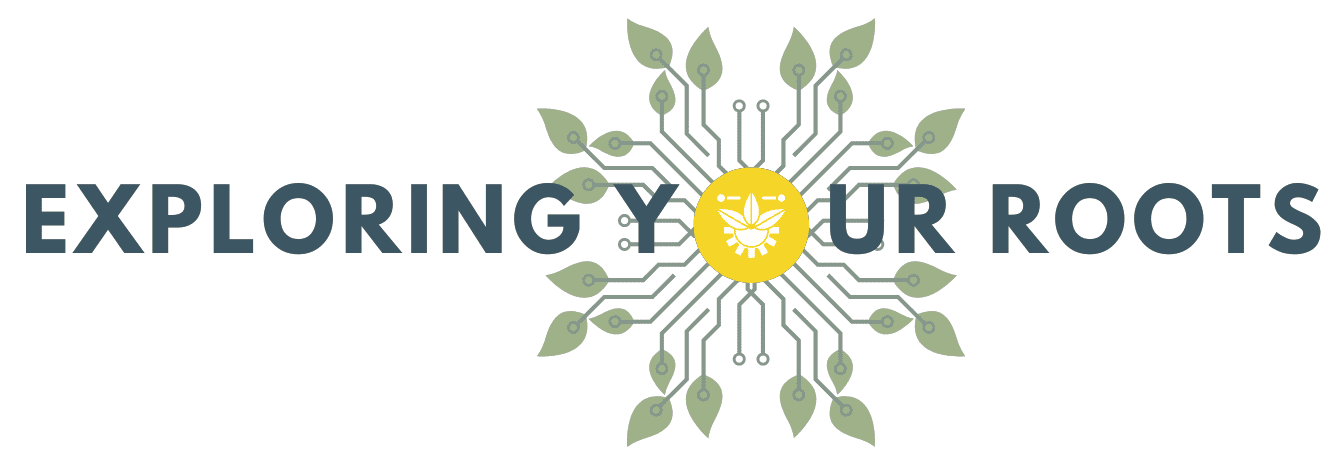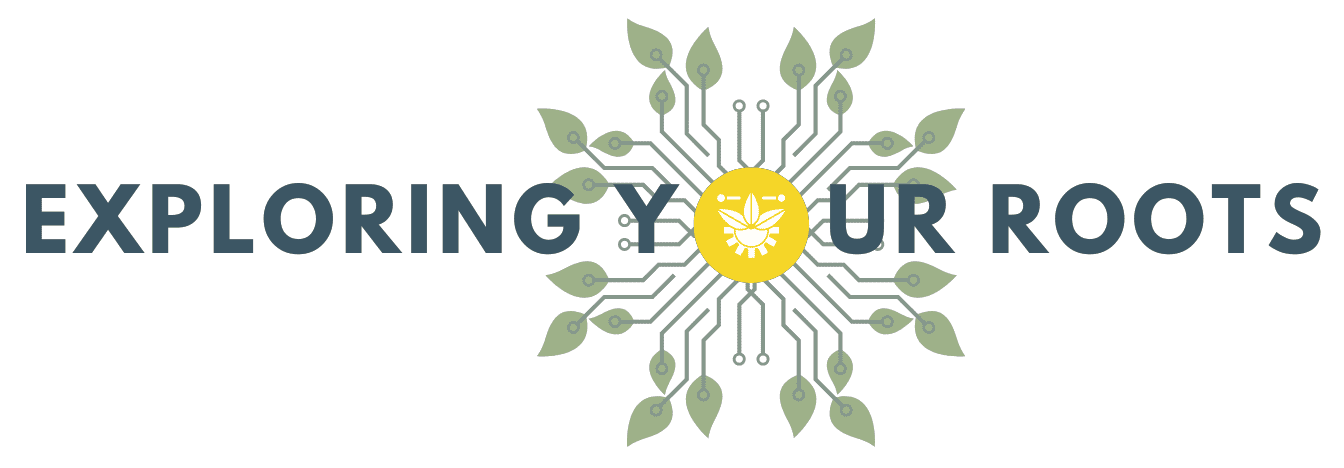In a world that often feels chaotic and unpredictable, symbols of rebirth serve as powerful reminders of renewal, transformation, and hope. These timeless symbols have transcended cultures and generations, weaving their way into our collective consciousness. From the mythical phoenix to the delicate butterfly, each symbol carries a unique story and significance. Let’s explore these symbols and discover how they can inspire us in our own lives. The Phoenix: Rising from Ashes The phoenix, a mythical bird, has captured human imagination for centuries. According to ancient legends, the phoenix bursts into flames upon death, only to rise anew from its own…
Author: klawrence
Do we write our own stories/histories or do they write us? Our personal narrative is one of the most powerful forces in our lives. What we remember and retell about our experiences (and the beliefs that form as a result) shapes our reality more than what actually happens. In spite of the many ways life seems to write our stories for us, we are all ultimately the sole authors of our own deeply personal and ever-changing stories. We hold the pen. My Story. I began examining and rewriting the personal narrative I had been weaving for myself about a decade…
Discovering your roots isn’t just about filling in a family tree. It’s a journey of self-discovery. Genealogy offers unique self-awareness activities that can transform your understanding of yourself. Let’s dive into 25 ways you can use family history to boost your self-awareness. 1. Start with Yourself Begin your genealogical journey with introspection. Write down what you know about yourself and your immediate family. This simple self-awareness activity can reveal surprising insights. You might notice patterns or traits you’ve never considered before. It’s like looking in a mirror, but seeing your family reflected back. RESOURCE: FamilySearch.org offers an inexpensive “My Family:…
Mysterious Origins: Ancestral Glyphs and Hieroglyphics In the quiet chambers of our collective memory, symbols and their meanings pass from generation to generation, providing context and continuity to the universal truths and values we hold as human beings. From the Paleolithic caves to the bustling streets of today, the history and evolution of these enduring symbols can provide insight into our personal and cultural heritage and offer a roadmap to increased awareness. Follow along as we journey through the enigmatic realm of symbols and their meanings. Ancestral Glyphs: The Lascaux Cave In the heart of France’s Dordogne region lies the Lascaux…
History and Symbolism Family tree art—those delicate maps of lineage—have graced our collective consciousness for centuries. They are more than genealogical diagrams; they are living narratives that bridge generations. Let us explore the artistry and symbolism woven into these arboreal works of art. The Roots of Our Heritage Across cultures and epochs, family trees have been a mainstay of family and cultural tradition. Consider the Royal lineage charts of medieval Europe, their inked tendrils reaching back centuries. These scrolls, adorned with gold leaf and crimson ink, whispered of power, alliances, and dynastic destinies. In China, scholars meticulously preserved genealogies on…
Bringing a strong sense of cultural awareness along when embarking on a spiritual journey is as important as packing a comfortable pair of shoes. There are remarkable destinations across the globe that can inspire introspection, connection, and a deeper understanding of self and the universe. When we embark on a spiritual journey or visit sacred places, we often seek solace, enlightenment, and a deeper understanding of existence. While these experiences can be universally transformative, integrating cultural awareness into these moments adds a unique layer of richness and personal growth. By striving to understand the dynamic values and beliefs of different…
Have you ever wondered why you have certain fears, habits, or patterns that seem to hold you back from living your full potential? Have you ever felt like you are carrying a burden that is not yours, but belongs to your ancestors? If so, you are not alone. Many people today are affected by the traumas and wounds that their ancestors experienced, and passed down through generations. This is what is known as ancestral or intergenerational trauma. Ancestral trauma can manifest as physical or mental health issues, relationship problems, financial struggles, or spiritual disconnection. According to a 2001 study, people…
Searching for fresh journaling ideas to jumpstart your journey of self-discovery? Consider ancestry journaling—a practice that can not only helps frame family history but can also reveal details and unconscious parts of our own personal story. Grab your favorite pen, a steaming cup of tea, and let’s explore some unique journaling ideas for enhancing self-awareness through ancestry journaling. Why Journal About Ancestry? Family History: Unearthing Roots and Resilience Imagine finding an old leather-bound journal, its pages yellowed with time, revealing tales of courage, love, and survival of those who have gone before. When we explore our family history, we become…
Cultural artifacts are like time-traveling storytellers. They weave the fabric of our collective identity, dance with us in the present, and whisper secrets from the past. Consider an old, worn-out pair of sneakers, a tribal mask, or a dusty book. Each has a wealth of significance. Let’s explore these hidden gems and see why relics from the past matter more than we realize. Crafting Stories: The Birth of Artifacts Close your eyes and picture an ancient potter molding clay under the sun. Their hands, weathered by time, shape a vessel—a kohl jar in Egypt, a teapot in China, or a ceremonial bowl in Peru. These artifacts…
Why should investigating historical context be an important part of your genealogy research? Because the backdrop against which our ancestors’ lives played out reveals stories that echo through time and shape our understanding of who we are. Ancestor research isn’t a mere stroll down memory lane—it’s a quest to unravel the details of those who came before us and understand their joys, sorrows, and everyday struggles. Why Historical Context Matters When we delve into genealogy, we’re not merely collecting names and dates. We’re detectives piecing together a grand narrative. Here’s why historical context matters: Understanding Lives Beyond Birth and Death…

